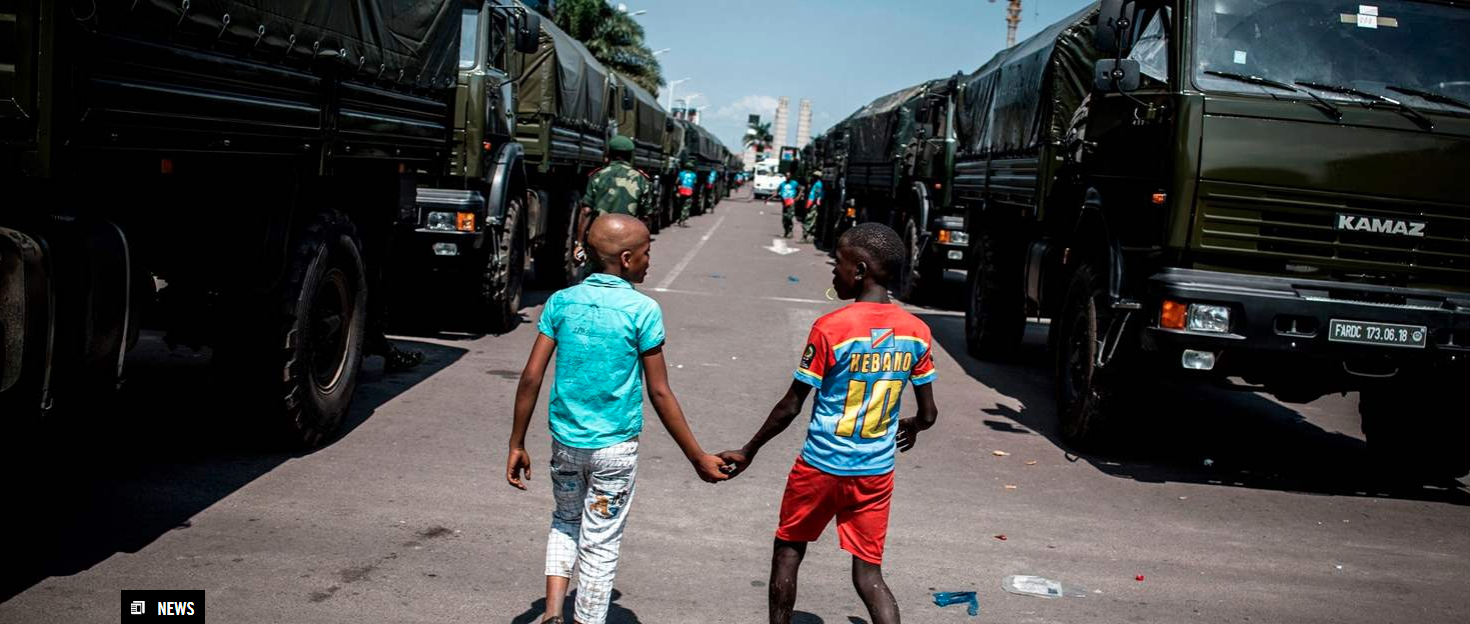Reference




OpenAI's Answer
The Amnesty Law in the Democratic Republic of Congo (DRC) has played a significant and complex role in the context of human rights. These laws are often enacted to facilitate peace and reconciliation in post-conflict situations by providing immunity from prosecution for individuals involved in past conflicts. In the DRC, various amnesty laws have been introduced over the years, particularly following the numerous armed conflicts that have plagued the country.
-
Facilitating Peace Processes: Amnesty laws in the DRC have been integral to peace agreements, aiming to encourage combatants to lay down arms and integrate into civilian life. By offering legal protection against prosecution, these laws are intended to incentivize rebels and militia members to participate in peace talks and disarmament processes.
-
Controversy and Criticism: Despite their role in peacebuilding, amnesty laws in the DRC have been controversial. Human rights organizations often criticize these laws for allowing individuals who have committed serious human rights violations, such as war crimes and crimes against humanity, to evade justice. This can perpetuate a culture of impunity, where perpetrators of grave abuses are not held accountable, undermining the rule of law and victims' rights to justice and reparations.
-
Impact on Human Rights: The implementation of amnesty laws can have mixed impacts on human rights. On one hand, they can help stabilize regions by ending hostilities and reducing violence. On the other hand, they can hinder efforts to address past abuses and provide justice to victims, potentially leading to long-term challenges in achieving true reconciliation and healing within communities.
-
Balancing Justice and Peace: The challenge with amnesty laws in the DRC, as in other conflict-affected regions, is finding the right balance between achieving immediate peace and ensuring long-term justice. This often involves complex negotiations and the establishment of transitional justice mechanisms that can complement amnesty laws, such as truth commissions or reparations programs, to address the needs of victims while fostering reconciliation.
In summary, while amnesty laws in the DRC are crucial for peacebuilding efforts, they also present significant challenges in terms of human rights and justice. Balancing these aspects remains a critical issue for the country's ongoing efforts to achieve lasting peace and reconciliation.
Follow Up
Related
Myanmar
What are the Belfast Guidelines on Amnesty and Accountability?
How do international courts typically respond to general amnesty laws?
Which international treaty obligations prohibit amnesty for international crimes?
Why did El Salvador's Constitutional Court invalidate the Amnesty Law in 2016?